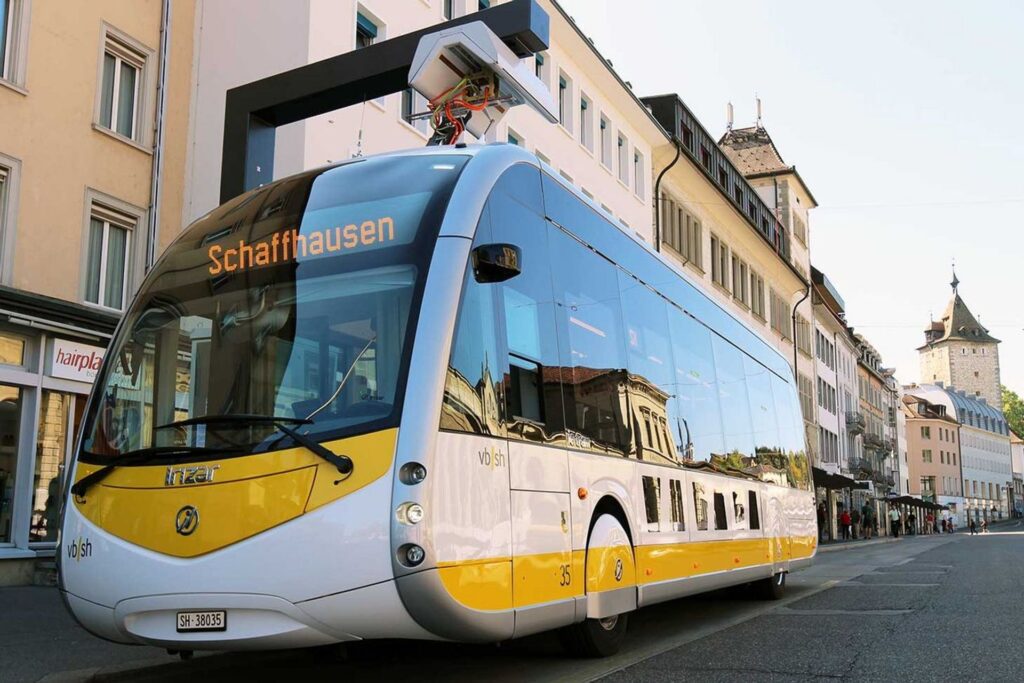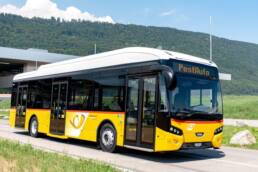Switzerland will aim to switch from diesel to electric buses
Federal Council will consider three different options for ditching older buses for battery-powered ones, according to CO2 and noise parameters
Federal Council presents options for transitioning from diesel to electric buses in public transportation
On March 12, 2021, the Federal Council adopted the report “Promoting the Affirmation of Non-Fossil Transportation Carriers in Public Road Transportation.”
Promoting the use of non-fossil fuels in public road transport
The report shows that it would be possible to significantly reduce the emissions of greenhouse gases, air pollutants and noise emissions of buses used in public transport if the diesel buses in circulation today were replaced by buses with propulsion technologies that do not require fossil fuels, as in the case of battery-electric buses.
The report was prepared in fulfillment of the January 15, 2019 postulate of the National Council’s Committee on Transportation and Telecommunications (19.3000 “Promoting the Affirmation of Non-Fossil Fuel Carriers in Public Road Transport”).
It is Switzerland-Liechtenstein pact on scientific innovation
Berne, Zurich and Aargau focus on fiscal innovation
The postulate called for consideration of financial measures to accelerate the transition from Diesel buses to climate-friendly, non-fossil energy buses.
The now-released report examines three scenarios with varying rates of transition from Diesel buses to propulsion technologies that do not require fossil fuels. The focus is particularly on electric buses.
The report analyzes the extent to which CO2 emissions, air pollutants and noise can be reduced in each of the three scenarios. It also estimates the additional costs involved, illustrating by what means they could be covered.

An ambitious path between payback and convenience
Today, battery-powered buses are still relatively expensive, however, costs will decrease in the future. At present, a complete and very rapid changeover from a fleet of diesel buses to a fleet of battery buses is not economically viable due to limited resources, both in local and regional passenger traffic.
Switzerland will have an ad hoc ambassador for the… science
Federal Council says yes to Swiss “Green Fintech” network
Additional costs compared to Diesel buses result from higher acquisition costs and the necessary charging infrastructure.
Diesel buses also continue to benefit from the mineral oil tax rebate. By passing the CO2 Act, Parliament decided to phase out this refund.
The Federal Council currently refrains from recommending which of the three transition scenarios should be pursued further.
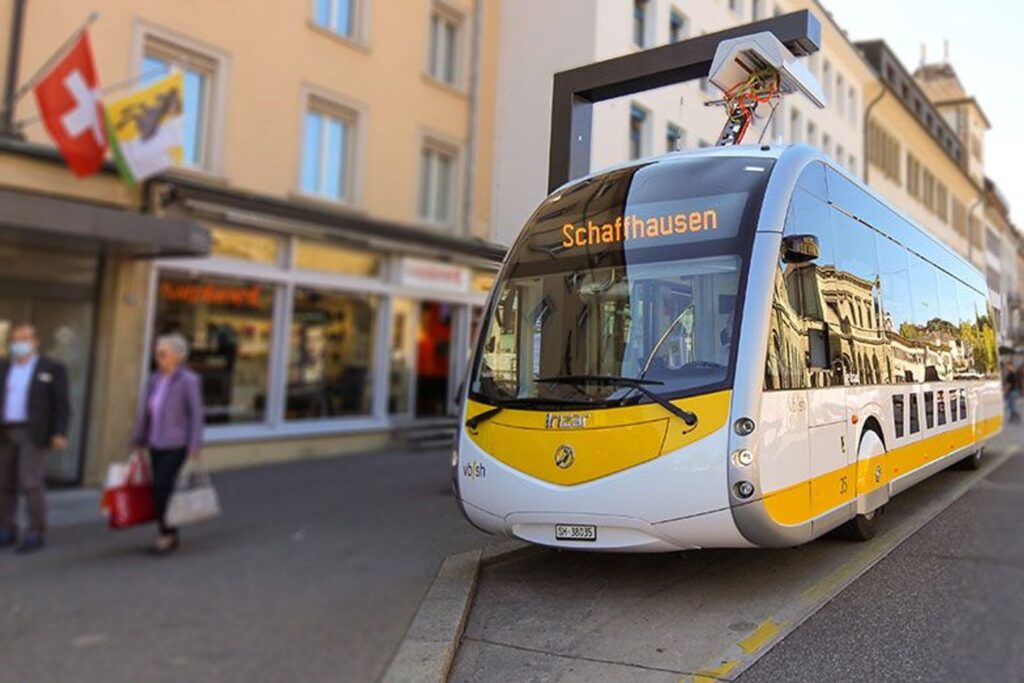
Mineral Oils, Travelers, and Climate for Reference
The report recommends the following funding options:
Existing national promotion programs: the offset programs funded by the CO2 offset obligation for fuel importers (CO2 Act) (KliK Foundation) as well as the Agglomeration Traffic Program (PTA) provide financial contributions.
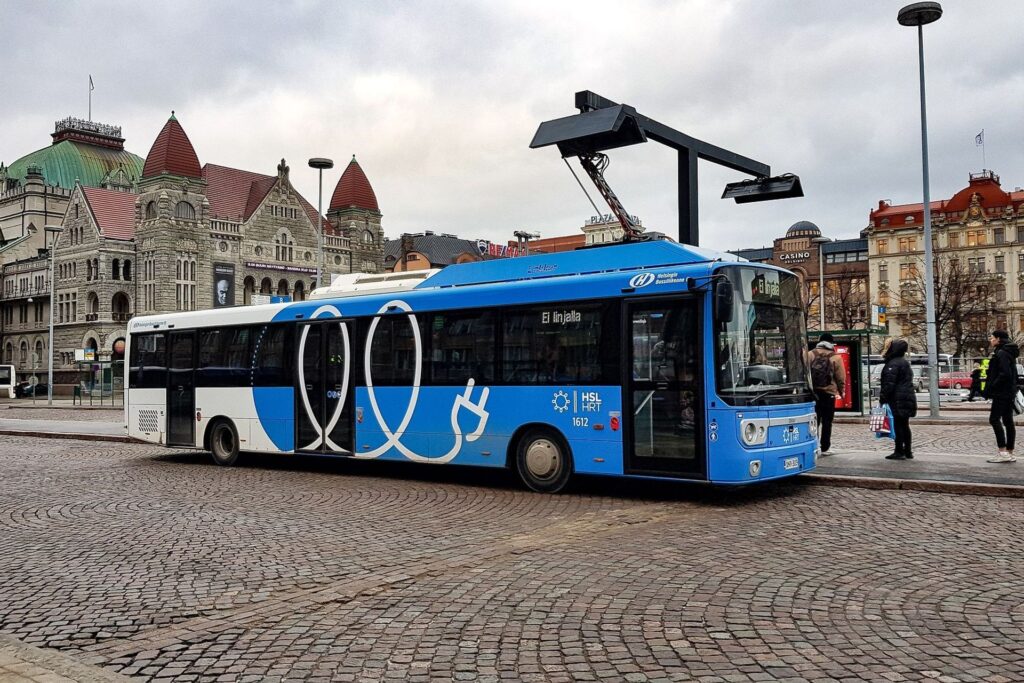
Mineral oil tax: If the complete revision of the CO2 Act is accepted in the forthcoming referendum, the reimbursement of the mineral oil tax for local traffic will cease from 2026 and for regional passenger traffic from 2030. The resulting surpluses will be used by the federal government on a temporary basis for the transition from diesel buses to alternative propulsion systems that are not powered by fossil fuels.
Swiss export industry relies on innovation
More flexibility in promoting Swiss innovation
Regional passenger transport: The federal government can cover its share of the additional costs in regional passenger transport with ordinary commitment credits. From 2026, however, the credits will have to be increased. The cantons must pay their share of the additional costs from their own resources.
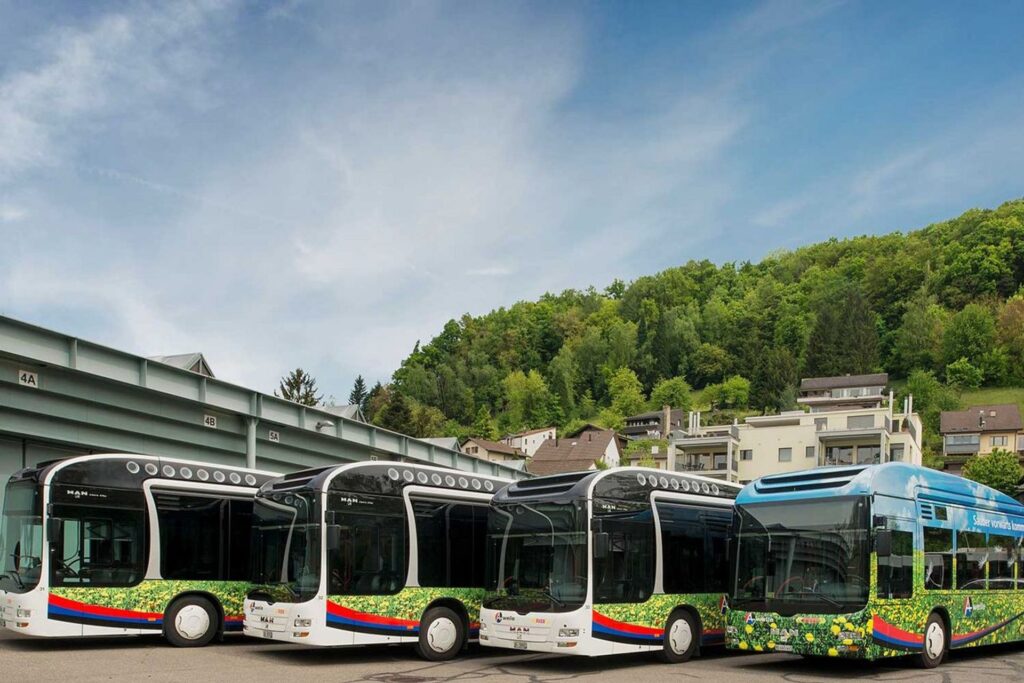
Local transport: The financing of local transport is not the responsibility of the federal government. Although there are support instruments at cantonal and municipal level, the cantons and municipalities are not obliged to replace their local transport bus fleets in accordance with the timetable of the desired scenario. A new legal basis should be created to ensure federal co-financing for local transport.
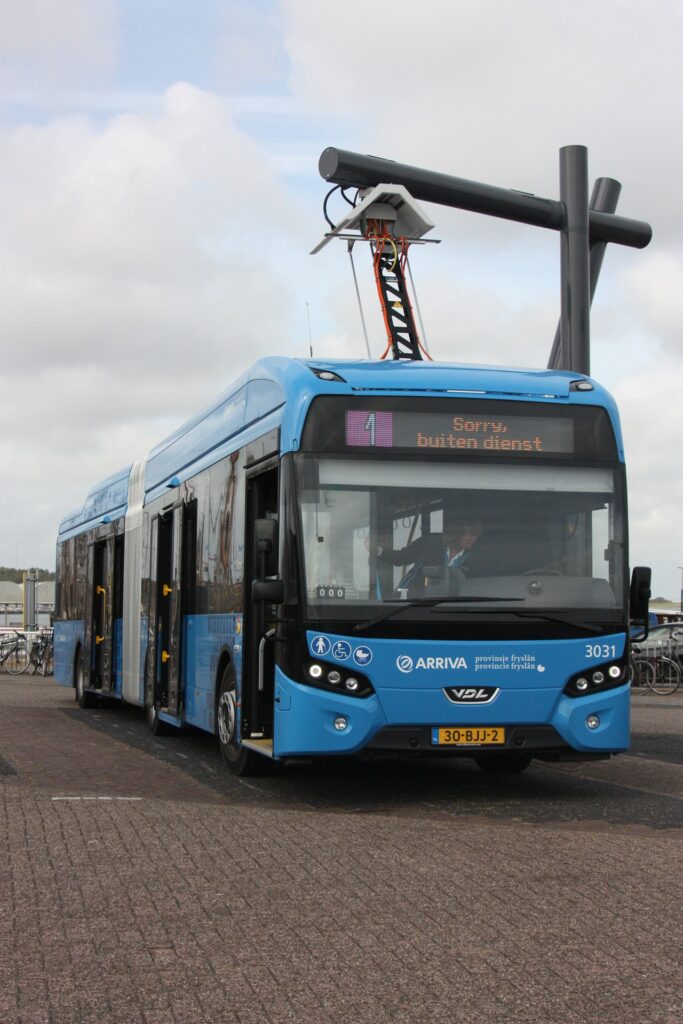
Climate fund: If the total revision of the CO2 law is accepted in the next referendum vote, a climate fund will be established. The fund will make it possible to finance measures to reduce greenhouse gas emissions. On the basis of this fund, subsidies could possibly be provided for the transition from diesel buses to non-fossil fuel alternative drive systems, although this promotional element is not explicitly mentioned in the CO2 Act.
Yes of the Federal Council to the Oberburg bypass
Tramway Pratteln-Augst: the yes of the Confederation
The concrete implementation of the proposed measures will have to be further investigated within the framework of a political dialogue between the three levels of government. A wide-ranging consultation of interested parties is planned.
